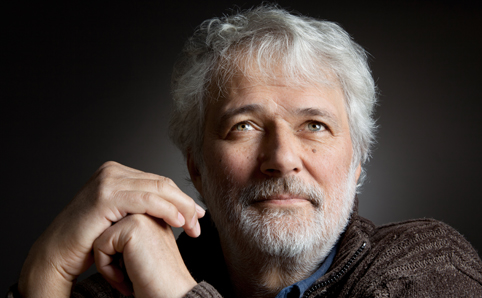Prof. Louis Scott Receives Fellowship from the Royal Society of South Africa
|

|
|
Prof. Louis Scott
Photo: Merwelene van der Merwe
|
Prof. Louis Scott from our Department of Plant Sciences was formally rewarded the Fellowship of Royal Society of South Africa (RSSA) at a ceremony in Cape Town.
Prof. Scott is an internationally recognised Palinologist at the university and a B-rated scientist.
The RSSA is one of the oldest scientific academies in South Africa. It dates back to the 1820s, and was formally known as the South African Philosophical Society in 1877. The society received its present name through a grant of the Royal Charter in 1908.
Although the society has a number of members, the exceptional category of Fellows is elected by existing Fellows, on the basis of their scientific excellence in works published.
Fellows of the RSSA are considered to be part of a very elite group of South African scientists who have achieved international acknowledgment.
The UFS is proud of the achievement of Prof. Scott, who is presently the only UFS academic to hold this honour.